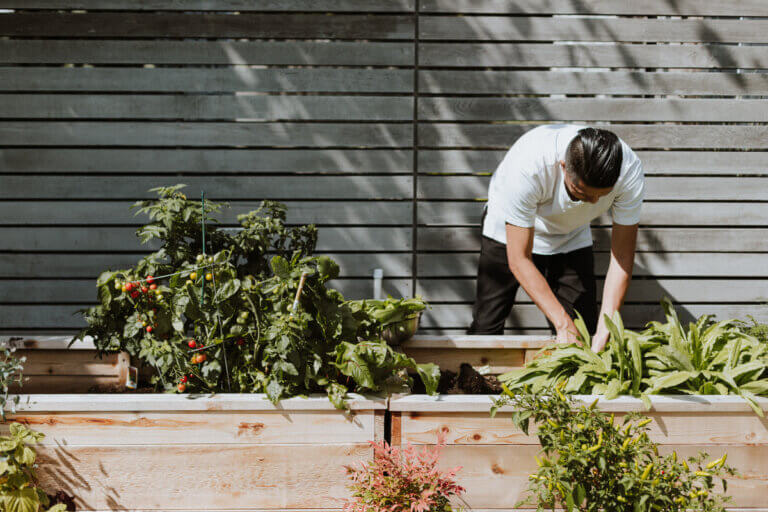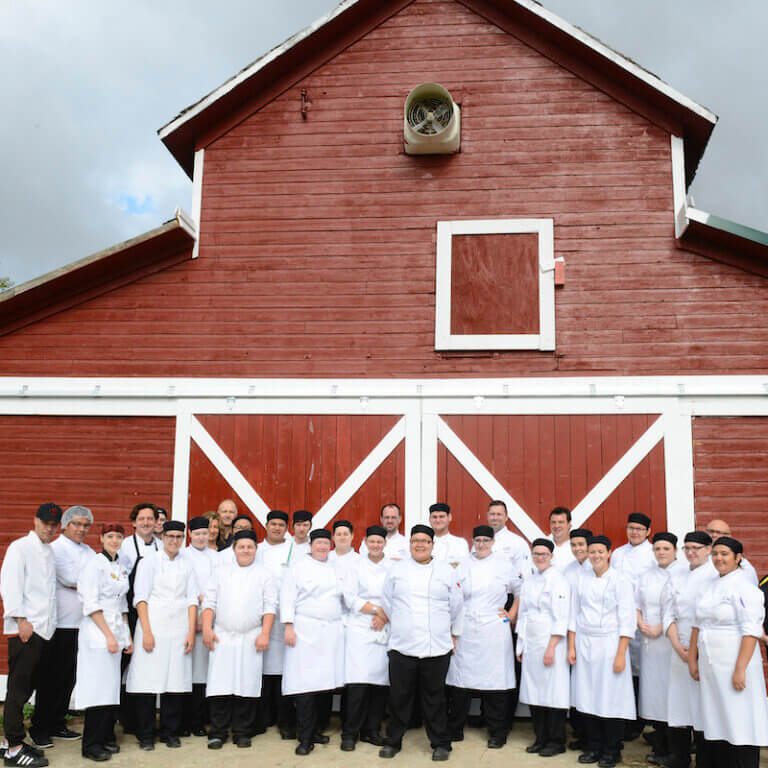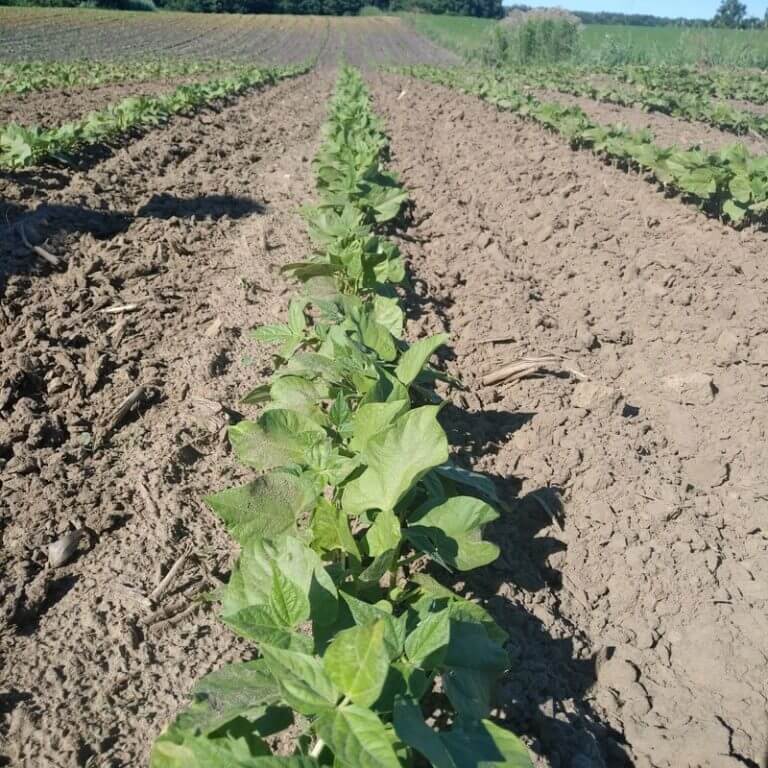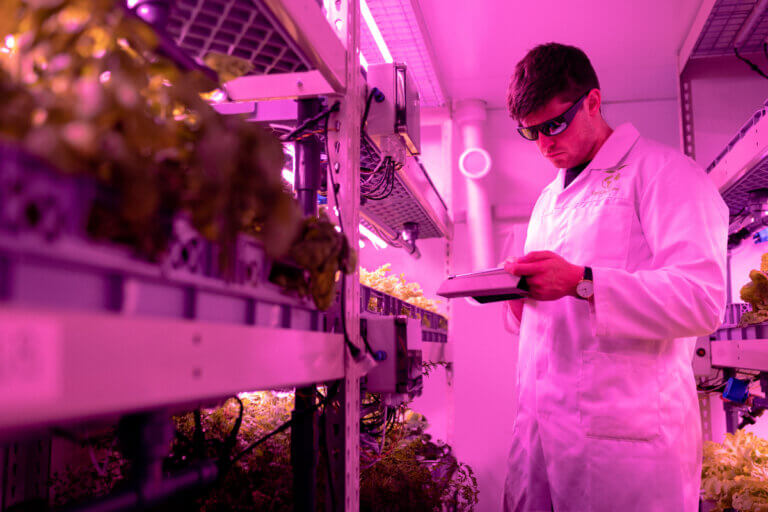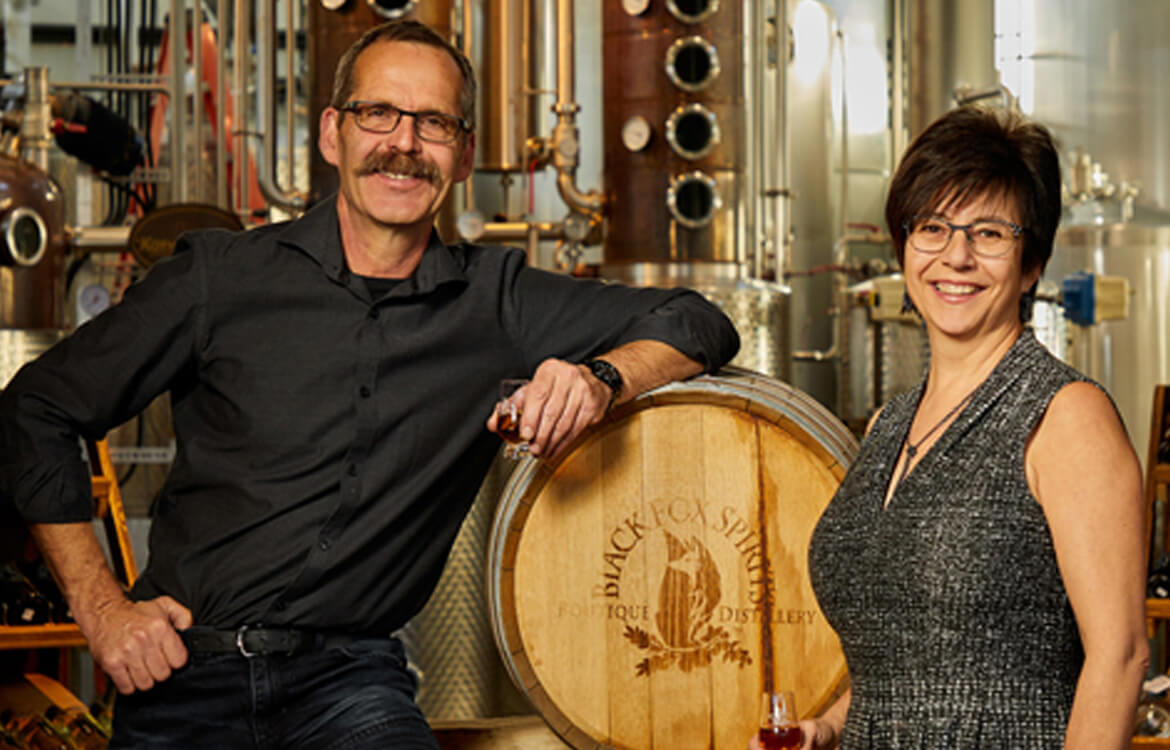“Eat the change you wish to see in the world.” It’s a saying that’s as profound as it is practical. And it’s what regenerative agriculture — a process to improve soil, ecosystems, the Earth’s climate and human health — is all about.
What Is Regenerative Agriculture?
According to The Centre for Regenerative Agriculture and Resilient Systems, it’s an approach to farm management that aims to reverse climate change through practices that restore degraded soils. Regeneration Canada states that one third of soils worldwide are degraded. These soils lose the ability to absorb water and grow plants. They also lose their carbon content, which is emitted into the atmosphere as CO2, worsening climate change. Deforestation, tillage and chemical inputs all lead to soil degradation.

How Regenerative Agriculture Helps the Planet
Regenerative agriculture offers nature-based solutions that increase the amount of carbon that can be drawn back into the soil, while providing nutrient-dense produce and meats that are grown and raised locally. Some of the practices that help regenerate soils and draw down carbon include no-till or reduced tillage, soil cover, agroforestry, perennial crops and better water management.
Regenerative agriculture increases the Earth’s climate resilience in the face of drought, floods and extreme weather, says Jade Heilmann, a project manager with Regeneration Canada.
“Regenerative agriculture is about what the soil needs,” she says. “Regenerative practices are rooted in Indigenous practices. It’s about community building, shortening supply chains, improving animal welfare, fairness for farmers, ranchers and workers and resilient ecosystems and communities.”

Regenerative Practices Taking off in Canada
Heilmann, who is based in Montreal, heads up Regeneration Canada’s Farm Map Project, which is building a map of regenerative farms across Canada. Launched last February, the Farm Map’s goal is to connect farmers to each other, and to connect consumers to farmers.
“We’re hoping the Farm Map will propel the adoption of regenerative practices across Canada, wherever people are on the journey to regeneration,” Heilmann says.
Their organization initially started in 2017 as a grassroots initiative to bring the regenerative movement, already thriving in the United States, to Canada. Heilmann adds that Canada has a huge role to play in taking action on climate change, because of its high potential to sequester carbon.
Related Articles
Supporting Healthy Soil Has a Big Impact
Heilmann says that food grown in healthy soil is more nutrient dense. So purchasing food from local farmers, ranchers and land stewards who are using regenerative practices is not only one way to help the environment, but it brings more health to your household for your own well-being.
She explains that by supporting regenerative agriculture, you are supporting the return of biodiversity and fertility to ecosystems, while at the same time fighting climate change.
“You’re also showing that consumers are interested in building local supply chains and solving environmental issues… It’s about rethinking the way that we consume. There are a lot of benefits for your immediate health, and for the health of the planet in general.”

How to Support Regenerative Practices
What can you do to support regenerative practices and environmental sustainability? Heilmann offers the following suggestions:
- Learn about regenerative practices, and build community by getting to know local, regenerative farmers, and support them by purchasing their products.
- Consider signing up for a Community Supported Agriculture (CSA) basket, which is a great way to receive organic produce from local farmers.
- Educate yourself on environmental issues. “Everybody needs to educate themselves so they understand the root causes of environmental issues and act on those appropriately,” Heilmann says. “Regeneration Canada believes that supporting healthy soil addresses many of these root causes.”
Lead image courtesy Marché McMillan, a small-scale market garden located in Wakefield, Quebec.

